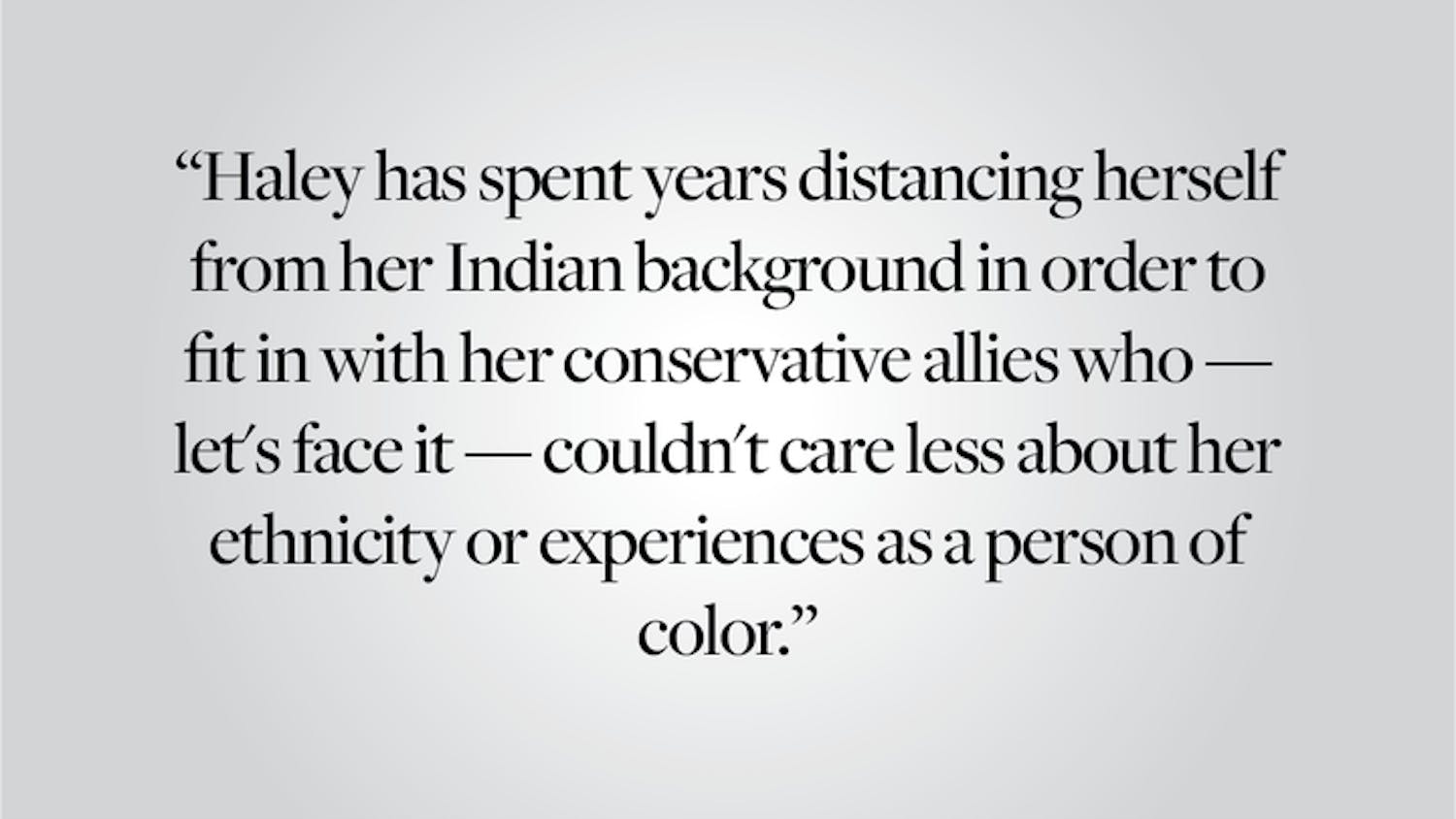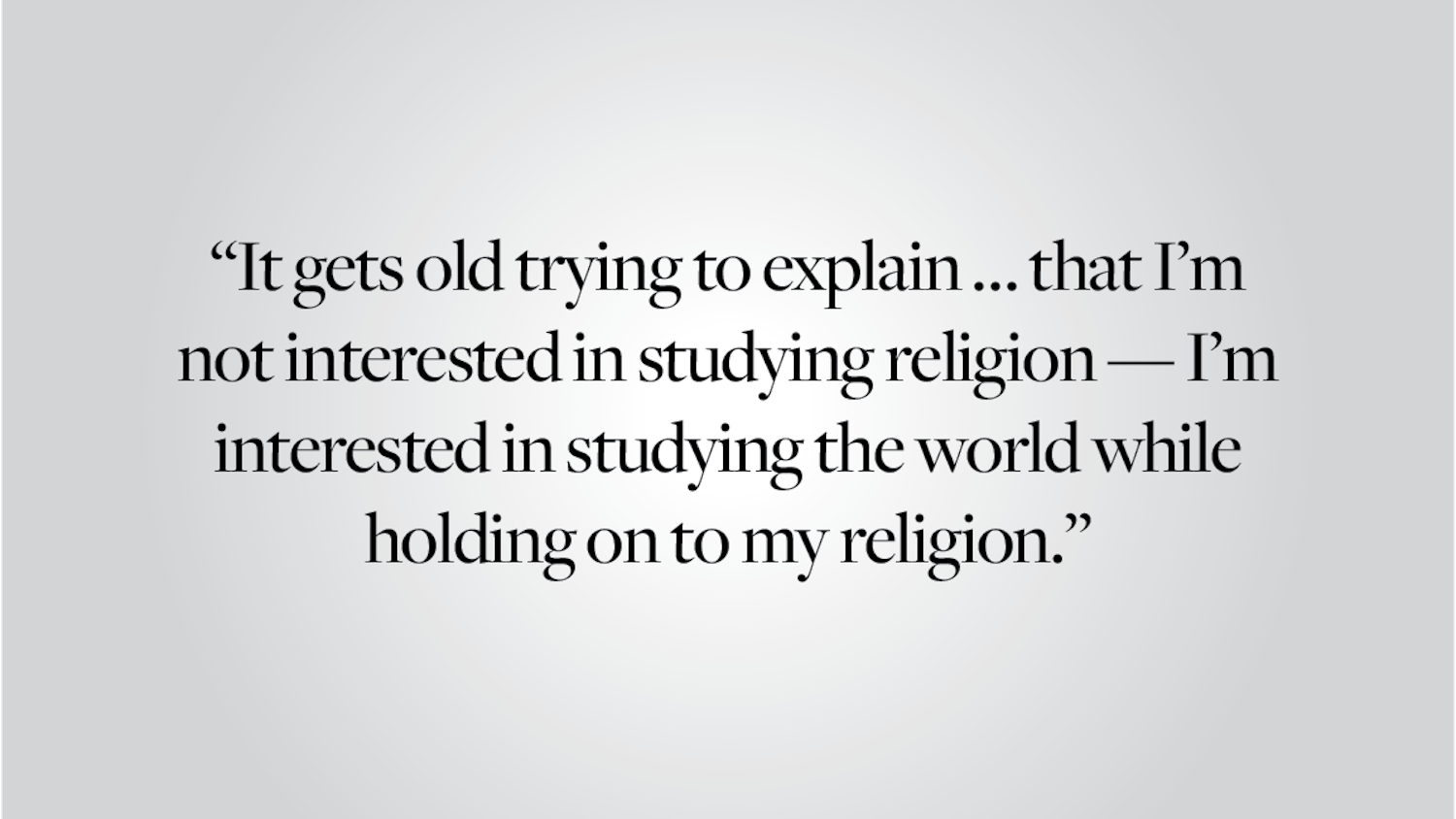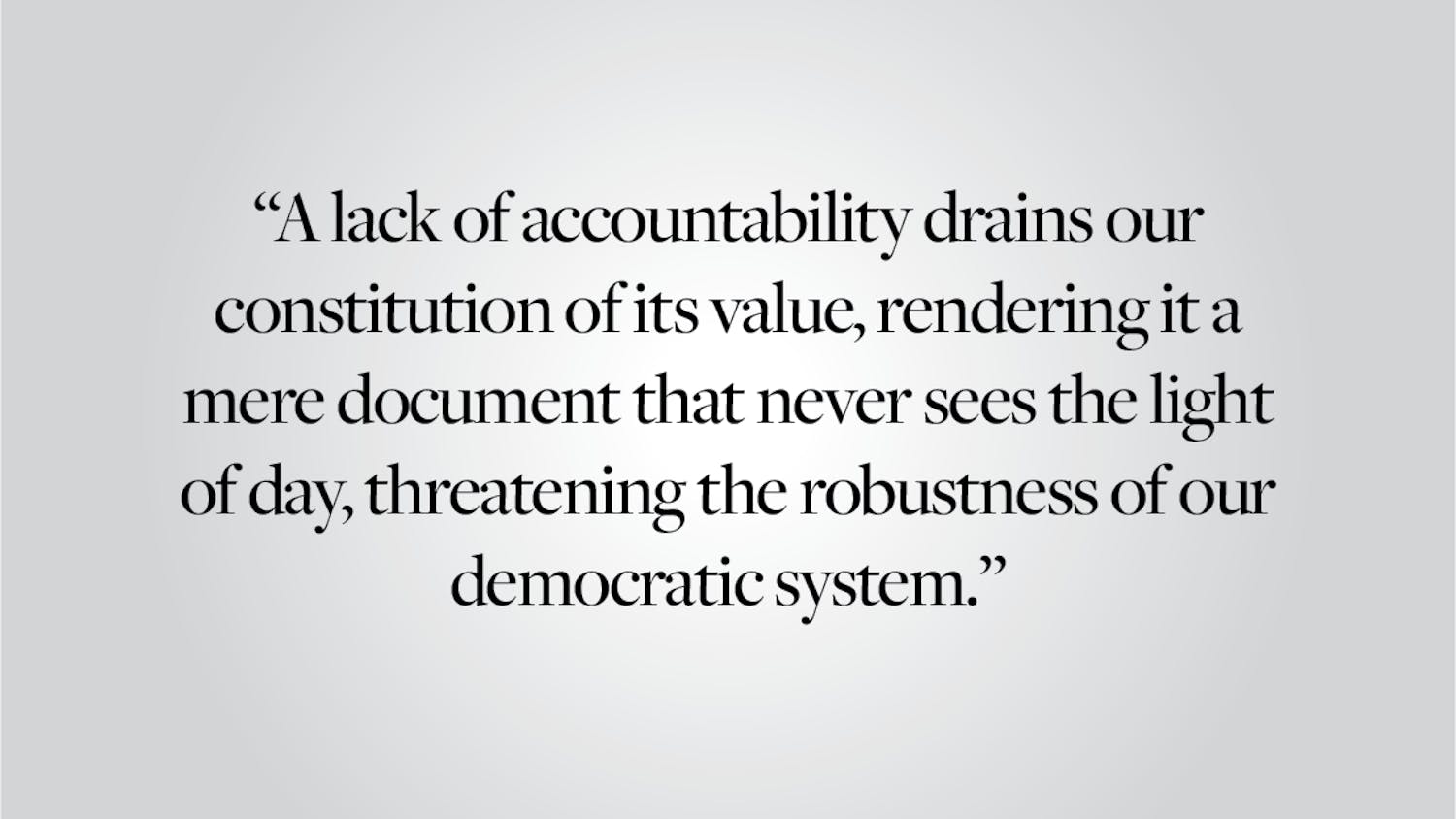The world has gone up in arms after two restaurants in the 10th arrondissement, two restaurants in the 11th arrondissement, the French national stadium and the Bataclan Concert Venue were attacked by unidentified assailants. World leaders including President Obama, Indian Prime Minister Narendra Modi, President of the People’s Republic of China Xi Jinping, President of Iran Hassan Rouhani and Prime Minister of the United Kingdom David Cameron expressed their solidarity and gave their condolences.
Facebook issued a profile picture filter that allowed users to show their solidarity with France. But while the world looks to France and sees a Syrian passport on one of the suspects, Syria itself is falling apart.
While France has closed its borders, 9 million people in Syria have left their homes seeking water, shelter and any available basic necessity. While the world mourns for the 129 people in Paris, it forgets the 45 people in Beirut and the 26 people in Baghdad (only taking into account the present week).
Nevertheless, death is not about comparisons. Comparisons only come in handy when we see continuity between these attacks; when the core of the Paris attacks lies in the atrocities occurring in the Middle East; when a Syrian passport that was used to seek asylum in Greece is found on an attacker in Paris.
During the Nov. 12 attacks in Beirut, both the New York Times and National Public Radio described Borj al-Barajneh in South Beirut as a “Hezbollah stronghold” and “Shiite area.” Rather than providing context, such language contributes to the notion that the deaths of 45 people and counting are justified because they may have supported Hezbollah, were Shiite and thus had no humanity beyond these rigid political classifications.
Instead of expressing grief, solidarity or mourning for a constantly suffering population, Republican candidate for Senate Everett Stern tweeted, “Good news!! I hope Hezbollah terrorists were killed” and linked to a Yahoo News article detailing the suicide blasts in a “Hezbollah” bastion in Beirut. It is in this sense that the world seems to selectively mourn global tragedies. Selective mourning is a product of not only white supremacy as described in American racial terms, but also post-colonial understandings of who is and who is not human. We feel the 45 dead in Beirut were not human; they were Shiite.
France, alternatively, is relatable. It is a white-dominated, liberal, secular democracy — basically the four concepts that determine the extent to which someone is granted empathy.
This issue, however, is not merely a result of perceptions within the West. It is a vicious cycle perpetuated both within and outside Lebanon itself. When Lebanese Foreign Minister Gebran Bassil tweets, “Lebanon was related to France in ‘nation blood,’ and now we are related in ‘martyrdom blood,’” it is no wonder the world puts Lebanon’s continuous struggle aside in favor of the attack in France.
If a prominent Lebanese government representative cannot respect the country, would you expect non-Lebanese around the world to emphasize the Lebanese struggle? When there are Lebanese who would rather go to Paris than to Dahiyeh or Borj al-Barajneh, would you expect Parisians to even be aware of the attacks in Lebanon?
One of the most tragic aspects of this attack is the different reactions to the violence in Paris and in Beirut. Yes, they were of different magnitudes. But if we added up all the casualties of violence in Beirut in the last 15 years, the death toll would exceed that in France. Nevertheless, the population of Beirut remains complacent, as it is accustomed to such atrocities. France closes its borders and the Lebanese go for another drink.
This internalized expectation of violence is reflected not only in Bassil’s nonchalance, but also in the messages I’ve received from my friends as I am scheduled to return to Beirut next week. “Yalla, come! This is typical! Happens all the time, whatever. At least CU Next Sat is still selling bullfrog cocktails.”
Beirut has in fact not had an isolated bombing this deadly since the end of the civil war in 1990. Regardless, violence should not be normalized to such an extent that our short attention spans forget populations under constant duress.
If France, Belgium and Italy decide to take further measures against the vulnerable incoming refugee population, innocents may turn guilty as they are rejected at the border after a 5,000-mile walk. These innocents include talented university students, artists, engineers and medical doctors. My friend, a Syrian who became a refugee while studying at the American University of Beirut, recently secured a Schengen visa and decided he was going to seek asylum in France. But according to him, “then stuff happened, and now I cannot imagine what the ramifications are going to be for all of Europe.” Such stories are not uncommon.
Please, please, differentiate between the attacker and the person running away from the very same thing the rest of the world is. Please remember that we — in the United States, France and any other Western country — are unsafe because of policies we instigated and supported in the Middle East. We are unsafe because we continue to marginalize our non-white, non-Christian populations around the world and expect them to remain silent in humiliation. We are unsafe because we cannot protect our own citizens in America or our own students at Brown. We are unsafe because we, as a people, are comfortable with the stifling red tape that contains our ignorance.
Note: Let’s not forget Palestine, Jordan’s Salti sisters, Mizzou, Yale, the earthquake in Japan and the daily tragedy that occurs around the world and on our very own “liberal” campus.
Nikhita Mendis ’17 is an international relations and Middle East studies concentrator. She is currently based in Amman, Jordan, but she wishes she were based in Beirut, Lebanon.




